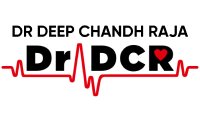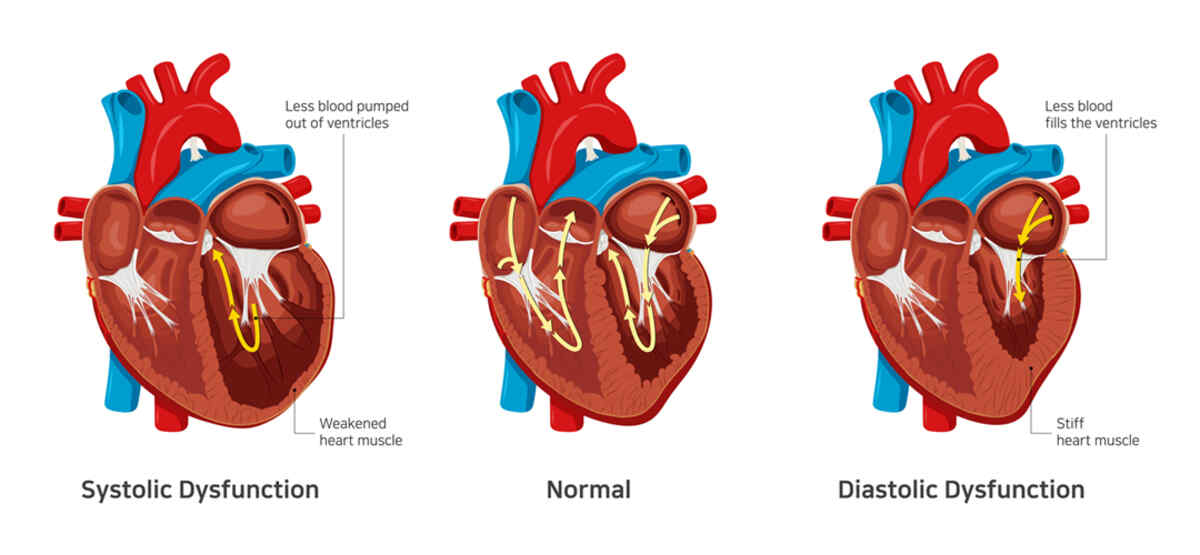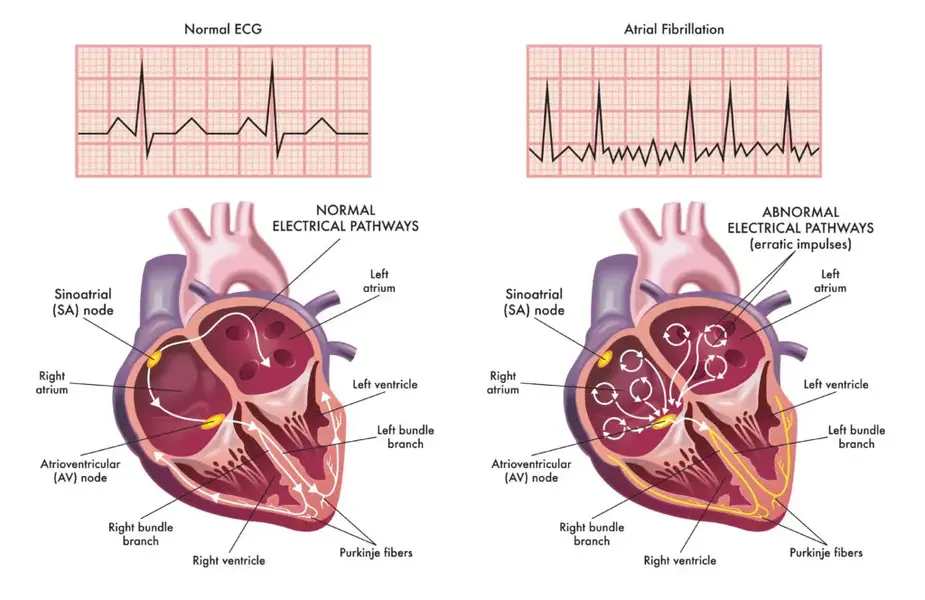Overview
A Holter monitor is a small, portable device that tracks your heart's rhythm for 1 to 2 days. It helps identify irregular heartbeats, also known as arrhythmias. If a regular ECG or EKG doesn't provide enough information, your doctor might suggest using a Holter monitor. Some smartwatches can also monitor your heart's rhythm—check with your healthcare provider to see if this suits you.
Why It's Done
You might need a Holter monitor if you have:
- Symptoms of an irregular heartbeat (arrhythmia).
- Fainting with no apparent cause.
- A heart condition that raises the risk of irregular heartbeats.
Before using a Holter monitor, you'll get an ECG (electrocardiogram), a quick and painless test that uses sensors on your chest to check your heart's rhythm.
A Holter monitor can catch irregular heartbeats that an ECG might miss. If the Holter monitor finds nothing unusual, your doctor may recommend an event monitor, which records your heart's activity over several weeks.
Risks
Wearing a Holter monitor is generally safe with minimal risks. Some people might experience minor discomfort or skin irritation where the sensors are attached.
Most electrical appliances usually do not affect Holter monitors, but some devices can interfere with the signal. To avoid issues, try to stay away from:
- Electric blankets
- Electric razors and toothbrushes
- Magnets
- Metal detectors
- Microwave ovens
Also, to prevent interference, keep cellphones and portable music players at least 6 inches away from the Holter monitor.
Preparing for Your Holter Monitor
When you visit the medical office or clinic for your Holter monitor, bathe beforehand unless told otherwise, as the monitor needs to stay dry.
Small sticky patches called electrodes, about the size of a silver dollar, will be placed on your chest during your appointment. These sensors will monitor your heartbeat. If you have chest hair, some might be shaved to help the electrodes stick properly.
The electrodes will be connected to a Holter monitor device about the size of a deck of cards. After everything is set up and you receive instructions on how to wear the monitor, you can continue with your regular activities.
During
A Holter monitor is usually worn for 1 to 2 days to record your heartbeats.
Wearing a Holter monitor is painless. The electrodes and wires can be hidden under your clothes, and the device is attached to a belt or strap.
It's essential to keep the Holter monitor on the entire time, even while you sleep. Avoid getting it wet—don't swim, shower, or bathe while wearing it. If your monitor is wireless, you'll be shown how to disconnect and reconnect the sensors so you can shower or bathe.
Unless advised otherwise, you can continue most of your daily activities while wearing the monitor. You might receive a form to record your activities and any symptoms you experience. Make sure to note if you have any of these symptoms:
- Pounding, fluttering, or skipped heartbeats
- Shortness of breath
- Chest pain
- Light-headedness
Record what activities you do and the exact times you do them.
After
Once your monitoring period is over, you need to return the device. If you tracked any symptoms during this time, your notes will be matched with the data from the Holter monitor, helping the team make a precise diagnosis.
Results
Your healthcare professional will review the Holter monitor results and discuss them with you. This information can reveal whether you have a heart condition and whether your current heart medications are effective.
If the monitor didn't detect irregular heartbeats, you might need a Holter monitor or an event recorder. These devices can be worn longer than a standard Holter monitor. Event recorders are similar to Holter monitors but often require you to press a button when you experience symptoms. There are several types of event recorders available.


.jpg)


.jpg)